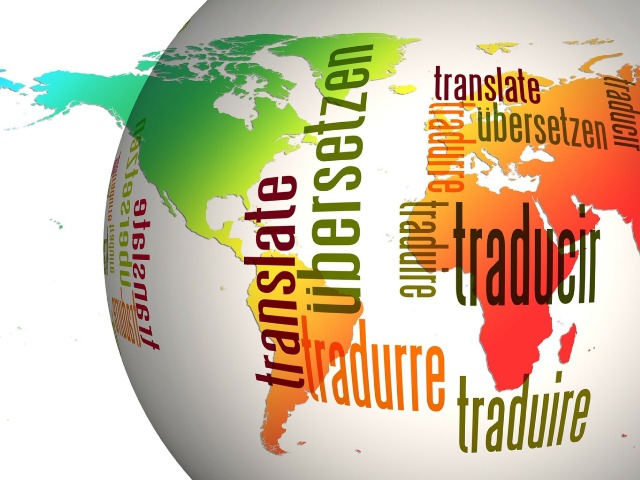Do we decide differently in a native versus in a foreign language?

Many firms in the Netherlands use English as their business language. This implies that many managers make decisions in a foreign language. But did you ever consider that making decisions in a foreign language may influence your choices? And if so, how?
There is actually a wide scientific debate about this topic and much empirical evidence that individuals act and decide differently in their native language compared to a foreign language. Many studies point to the fact that we become more rational when making decisions in a foreign language. Why is this so?
According to the dual-process theory of higher cognition, individuals can apply two types of cognitive reasoning when making a decision: Type 1 processing is a more intuitive-based and often heuristic-driven processing, which requires low effort. Type 2 processing is a more deliberate and reflective type of reasoning, requiring greater effort and capacity. While Type 1 is often regarded as the default type of reasoning, Type 2 processing requires a trigger to be activated.
The use of a foreign language can act as such a trigger. Once activated, Type 2 processing may correct the output of Type 1 processing and make our decisions more rational. Thus, using a foreign language can rationalize our decisions. Of course, this effect also depends on other factors. For example, a lack of foreign language proficiency may cause individuals to miss important nuances and therefore make wrong decisions. Given that the Netherlands ranks No.1 in the latest EF English Proficiency Index, this may, thus, not be a strong counterforce in the Dutch business context.
So does our decision-making differ in a foreign versus our native language? Much evidence suggests this is the case, and in fact, it may make the decision-making process more rational. We can learn from this scientific discovery that if you are active in a foreign language, be aware that this might influence your decision-making. Being aware of potential biases (or the correcting of such biases in a foreign language) can be a step toward aligning decision-making in both languages.
On top, as a manager, you may consider how foreign language use may affect decision-making in your company. If, for example, certain innovation projects are evaluated and selected in the native language while others are selected in a foreign language, these selections may have been based on different grounds. Then it can be helpful to align the language context and aim to correct potential imbalances.
Author: Philip Steinberg - p.j.steinberg@rug.nl
References:
Costa, A., Foucart, A., Arnon, I., Aparici, M., & Apesteguia, J. (2014). “Piensa” twice: On the foreign language effect in decision making. Cognition, 130(2), 236-254.
Steinberg, P. J., Urbig, D., Procher, V., & Dana, L. (2017). The Role of Language in the Selection of Entrepreneurial Opportunities for Societal Support. In Academy of Management Proceedings (Vol. 2017, No. 1, p. 13584).

